Graduate Students

Kainat Jalaluddin
BSc Nursing, Aga Khan University
MA Islamic Societies and Cultures, SOAS, University of London
MA Religion, University of Chicago
Post Graduate Studies in Islamic Studies, The Institute of Ismaili Studies, London
Kainat is a PhD student in Arabic and Islamic Studies at Georgetown University. Before attending Georgetown, she studied at the University of Chicago and SOAS, University of London. For her MA thesis at SOAS, she evaluated al-Ghazali’s use of syllogistic reasoning in refuting the Nizari Isma’ili doctrine of Imamate. Her research encompasses classical and post-classical Islamic philosophy, philosophical theology, and natural sciences, with adjacent interests in ethical and legal debates from the classical period.
Kainat particularly focuses on the reception of Avicennan ideas in the works of post-classical Muslim philosophers-theologians such as Fakhr al-Dīn al-Rāzī and Sayf al-Dīn al-Āmidī. She analyzes the negotiations between their commitments to Ash‘arī kalām and Avicennan philosophy. Her interests include discussions on themes such as creation, causality, Divine nature, free will and predestination, and the principle of sufficient reason. Through these themes as case studies, she investigates broader questions in her research, including: In what ways did post-classical scholars modify, integrate, or synthesize falsafa and kalām while maintaining certain theological commitments with regard to Divine will, human agency, and the creation of the world? What epistemological tools and methods did they employ in these discussions, and how did these tools transcend disciplinary boundaries between physics, philosophy, theology, and psychology prevalent in the modern period?

Riad Alarian
BA Philosophy, The George Washington University
MSc Political Theory, The University of Edinburgh
MA Philosophy, The University of Toledo
Riad is a PhD student in Arabic and Islamic Studies at Georgetown. His research areas span the history of philosophy, metaphilosophy, the theoretical study of religion and the secular, and memory studies. He also has adjacent interests in the anthropology of Islam, the ‘theoretical turn’ in Islamic studies, and the religious consequences of late capitalism.
Riad focuses particularly on the history of what he provisionally terms ‘the secular turn’ in modern Islamic philosophy, a development in the nineteenth and twentieth centuries marked by the incorporation of the Western secular and its perceived cognates—such as modernity, science, and progress—as the central problems of philosophical deliberation. In pursuing this history, he scrutinizes the assumptions, concerns, and boundaries of modern Islamic philosophy in comparison with its classical and post-classical counterparts, as well as Western philosophy more broadly.
Accordingly, some of the questions that concern Riad include: How, when, and why did ‘the secular’ become a discrete subject of philosophical scrutiny, especially in debates surrounding the meaning, memory, and future of Islam? How have Islamic philosophers variously construed the secular and its related concepts? What are the respective ends of Islamic philosophy in the classical, post-classical, and modern periods? Which core debates of modern Western philosophy are of most concern to Islamic philosophers? What are the epistemic contours of these purportedly competing but apparently porous thought traditions? How do concepts of religion and the secular function as explanantia and explananda in the works of Islamic philosophers? To what extent do Islamic philosophers repeat or dispense with ‘subtraction stories’ about the secular? And, fundamentally, what makes Islamic philosophy ‘Islamic’ at all?
In addition to his academic work, Riad currently serves as the editor-in-chief of Muftah Magazine.
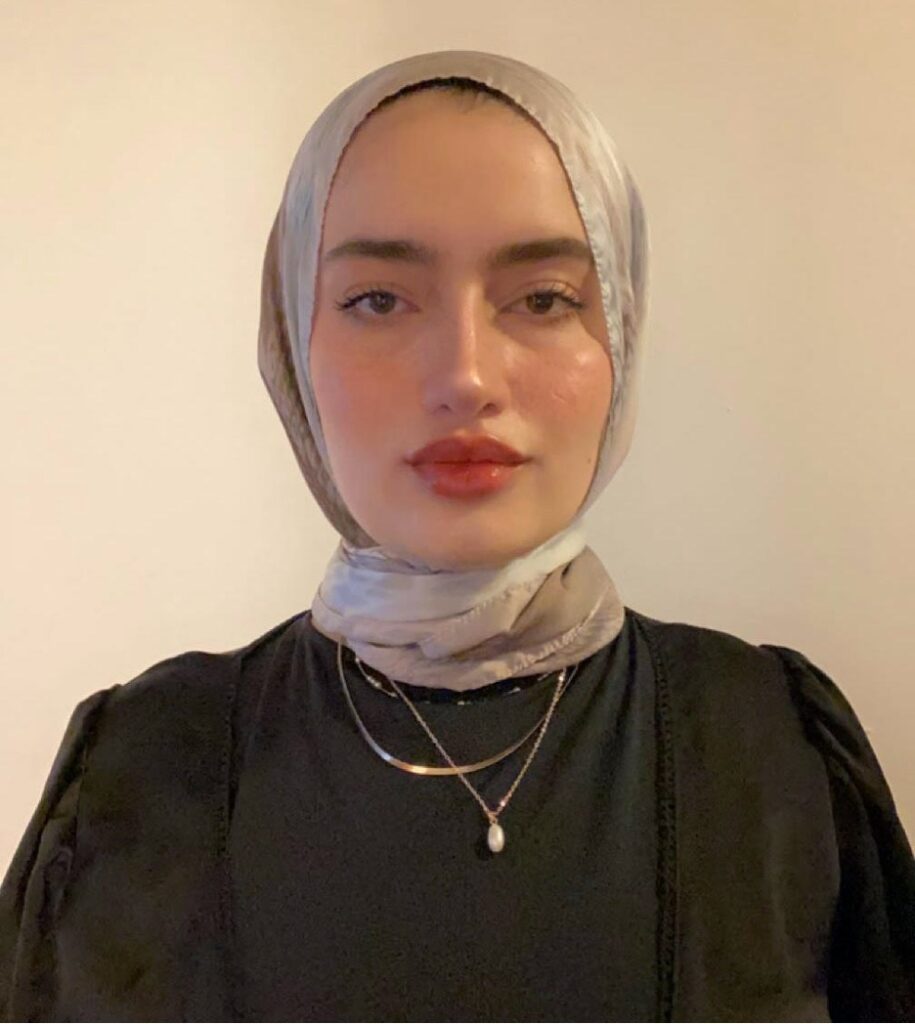
BIELASAN ZAINA
MA (2023), Linguistics, University of Wisconsin – Milwaukee
BA (2020), Linguistics, University of Jordan
Bailasan is a PhD student whose research interests include Arabic linguistics, particularly Arabic syntax. Her main research interests lie in the fields of synchronic and diachronic syntax. With respect to syntactic change, grammaticalization is a topic that particularly interests her. She also seeks to approach Syntax through Computational Linguistics. Zaina’s minor concentration is in Islamic Studies.
In her master’s thesis, Morphosyntactic Structures of Progressive Aspect in the Oral Production of Heritage Najdi Arabic Speakers, Zaina investigated whether the active participle [gaʕid] in the progressive aspect surfaces in the production of Najdi heritage speakers, along with the influence of MSA which does not have this participle, given the fact that those speakers have acquired the relevant variety of Arabic in early childhood along with MSA. Her paper also sought to gain some insight into whether these speakers display differential competencies with regard to the agreement morphology between the subject and the participle [qaʕid]. In addition, it explored the theoretical reasons behind their (a)symmetric competencies as to whether the notion of default-form over-generalization and transfer are at play in those speaker’s heritage acquisition of Najdi Arabic.
In addition to her academic research interests, Bailasan has worked in legal translation and content writing. She speaks Arabic as her first language, English, and Turkish. She has also obtained a certificate in Python from the University of Michigan.
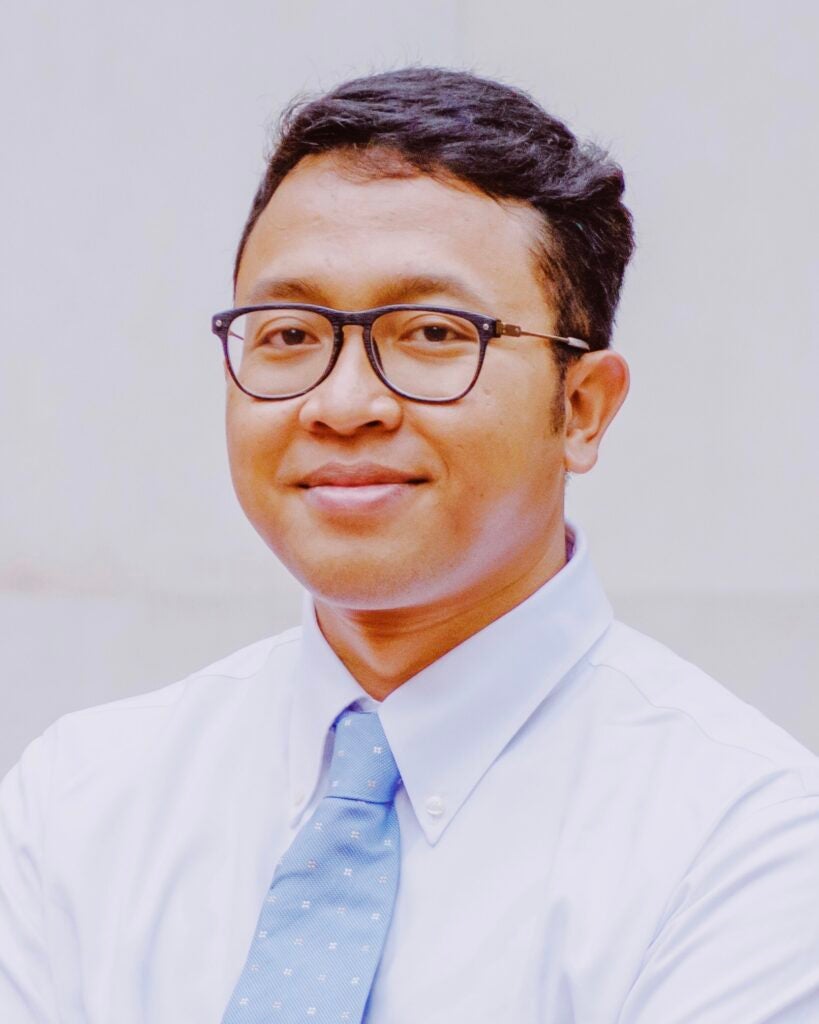
HALIM KHOIRI
BA, Religion and Philosophy, Paramadina University
MA, Islamic Studies, George Washington University
Trained in a Javanese traditional madrasah (pesantren), Halim has a deep interest in the convergence of Sufism with philosophy, theology, law, literature, and the comparative study of religions. He earned his BA in Religion and Philosophy from Paramadina University as a recipient of the prestigious Paramadina Fellowship. He then pursued his MA in Islamic Studies at George Washington University, fully supported by a scholarship from the Indonesia Endowment Fund for Education. He achieved Magna Cum Laude honors at both institutions.
Following the completion of his master’s program, Halim returned to Indonesia, where he served as a consultant to the special staff of the Minister of Education, Culture, Research, and Technology. He contributed to various projects concerning national education policy, curriculum development, and interfaith dialogue. Later, he joined the Ministry of Religious Affairs, continuing his involvement in similar projects.
Halim is majoring in Islamic Studies with a minor in Arabic Literature. He is currently working on the intellectual history of the philosophical Sufism of Ibn ʿArabi (tasawwuf falsafi) in Southeast Asia from the 15th to the 18th century. His investigations delve into the Islamic intellectual and political connections interlinking Southeast Asia, the Indian Ocean, the Middle East, and South Africa. His primary area of interest lies in manuscripts on philosophical Sufism authored by Nusantaran scholars, including Yusuf al-Maqasiri, Hamzah Fansuri, Shams al-Din al-Sumatrani, ʿAbd al-Raʾuf al-Sinkili, and ʿAbd al-Samad al-Palimbani. In addition to his studies, Halim enjoys listening to Sufi Qawwālī in Urdu and reading Sufi poems in Arabic and Persian.
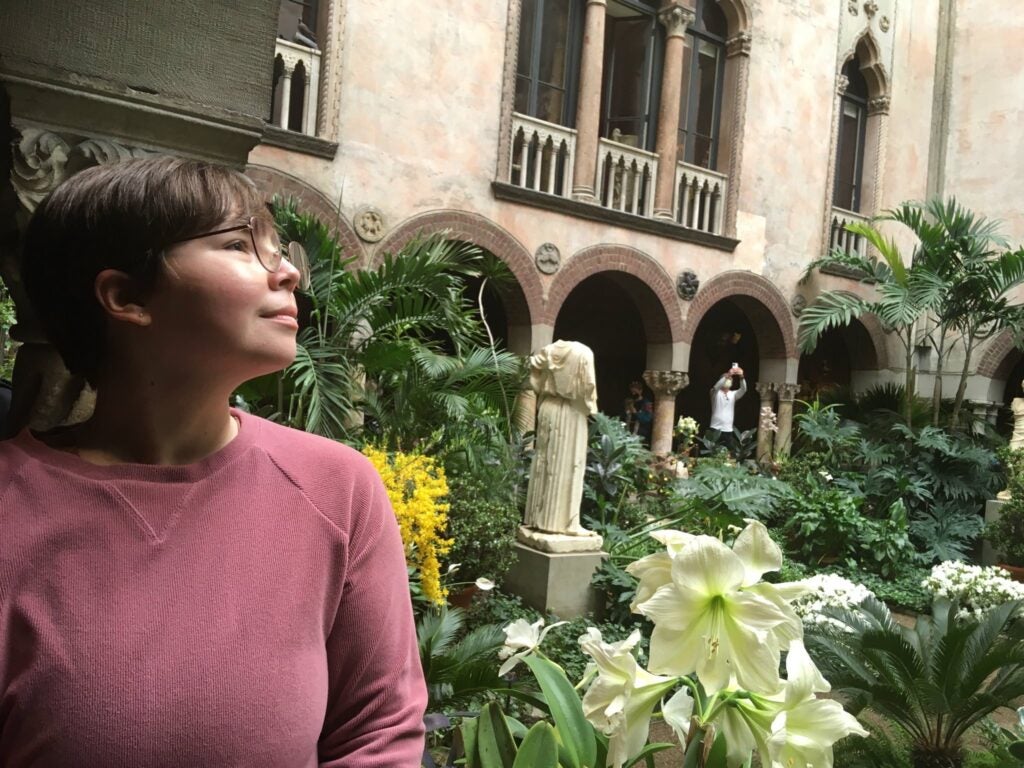
BETHANY WEPPLER
BA Linguistics and Arabic, University of Arizona
Bethany received her BA in Linguistics and Arabic at the University of Arizona. She has also completed intensive language training focusing on MSA, Moroccan Darija, and French. Her primary research interests include sociophonetics, and intra- and interpersonal speaker variation, in addition to diglossia in North Africa.
MOHAMED ALI
BA, Politics, UC Santa Cruz (2010)
Interests: Islamic Law, Ethics, Intellectual History, Technology
Mohamed’s primary research interests include Islamic Law and Ethics as they relate to emerging technology. He’s interested in studying how AI furthers, disrupts, or augments knowledge production and communal self-perception, as well as how it challenges existing legal and social norms within the Islamic legal and ethical tradition. Prior to joining the AIS program, Mohamed worked in senior roles in Marketing & Communications, designing and implementing cutting-edge technological solutions to raise millions for startup nonprofits that focus on humanitarian relief and sustainable development.
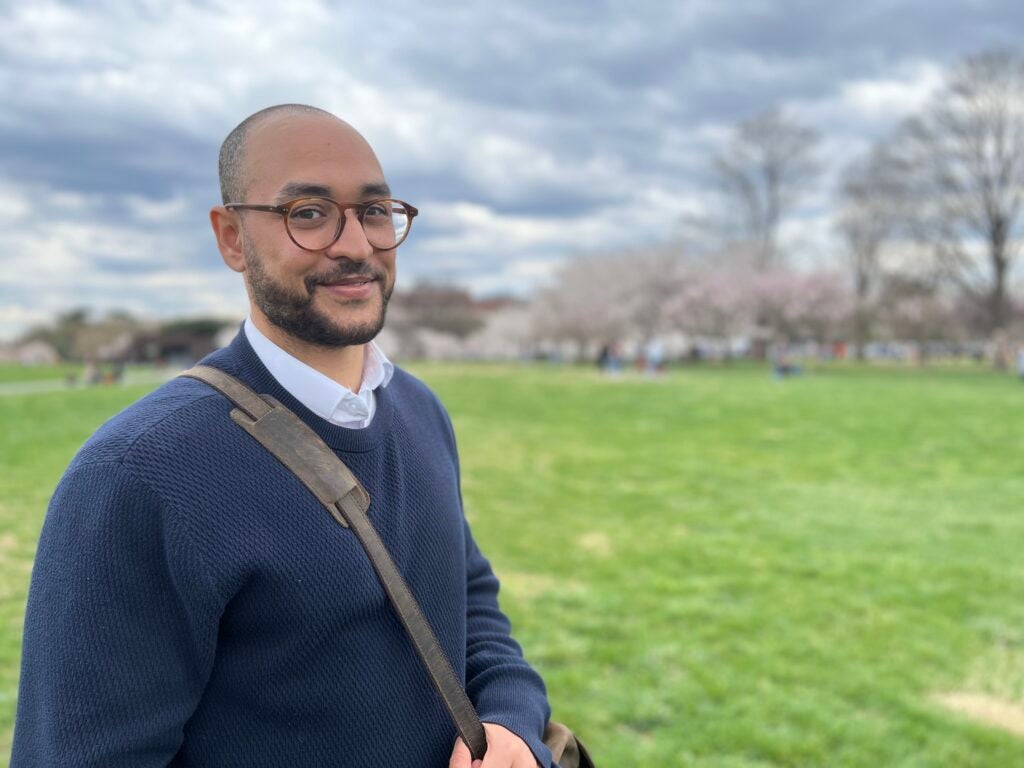
MUHAMMAD EL FIKY
MA (2019) Middle Eastern and North African Studies, The University of Arizona
BA (2012) Languages and Translation from Al-Azhar University, Cairo, Egypt
Muhammad is a PhD candidate whose research interests are focused on exploring the cultural, intellectual, and administrative legacy of the Fatimid Caliphate. His research examines the role of Sunni scholars embedded within the sociopolitical apparatus of the Fatimid court. He analyzes how these learned men mediated between ruling elites and the broader public through their writings, advisory roles, and educational activities. Additionally, Muhammad is interested in the scholastic institutions and pedagogical techniques that transmitted knowledge between generations across the Muslim lands during the medieval period. He is also interested in the social and intellectual networks across the Mediterranean. Prior to his doctoral work, Muhammad earned a Master’s degree in Middle Eastern and North African Studies from the University of Arizona, having previously completed his bachelor’s degree at the eminent al-Azhar University in Cairo.
MOHAMMAD MUAZ INAAM
MA (2020) Islamic Texts, Zaytuna College
BA (2013) Sociology, University of Texas at Dallas
BA (2018) Islamic Law & Theology, Zaytuna College
Muaz is interested in the interplay between Islamic theology and Islamic law. He is interested in how theological debates pertaining to God’s wisdom or purposefulness inform debates about the role of certain legal instruments, such as legal analogy (qiyās) or considerations of public interest (maṣlaḥa). He is also interested in understanding the principles governing the determination of certain practices as heretical (uṣūl al-bid’a).

IRENE K. F. KIRCHNER
Islamic Jurisprudence, Contemporary Qur’an Interpretation, Hadith Studies
Magister (2014) in German Literature, Philosophy and Islamic Studies, Tübingen University, Germany
Irene is particularly interested in the reception history of Hadith forgeries (Mawḍū‘āt), Islamic economic law (see her article on the sharia-compliance of cryptocurrencies), religious epistemology, and theory of religion. During her Ph.D., she has started to delve into computational analysis techniques such as Text Mining and Topic Modeling and is exploring the intersection between Islamic Studies and the Digital Humanities. In 2018, she founded the Islamicate Digital Humanities Network (idhn.org), for which she currently serves as the director. She holds a Magister Artium degree (German master’s degree) in Literature, Philosophy, and Islamic Studies from the University of Tübingen, Germany, and previously taught for the DAAD (German Academic Exchange Service) at the University of Alexandria, Egypt.
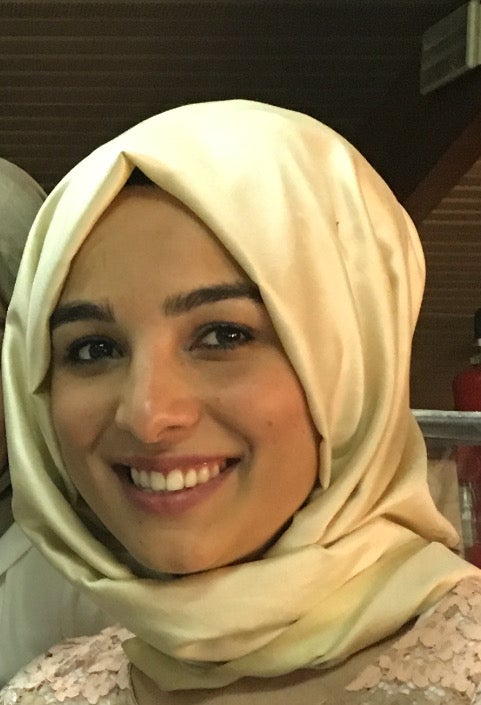
HATİCE ÖZTÜRK
Islamic law
MA (2015), Islamic Studies, Istanbul 29 Mayis University, Turkey
BA (2013), Divinity, Ankara University, Turkey
In her master’s thesis, Shar’u man qablanā in the uṣūl al-fiqh literature of the first five centuries (AH), Hatice surveyed the works of the scholars who studied shar‘u man qablanā, starting with the first printed uṣūl al-fiqh book and ending with some of the sixth-century scholars, such as Al-Ghazālī, Ibn ‘Aqīl and Al-Kalwadhānī. She examined the early scholarly debates on whether shar‘u man qablanā could be referred to as a source of Islamic law.
During her doctoral studies, she would like to study the taxonomy of the sources of law revealed in the uṣūl al-fiqh works of the late Ottoman period, more specifically in the works of Ibn ‘Abidīn. Her areas of interest include the relationship of a legal concept with its social environment, the interaction between scholars of different madhhabs, and the interrelation between religious institutions and politics.
She is a native Turkish and French speaker and studied Arabic at several universities and language institutes in Turkey and Egypt.
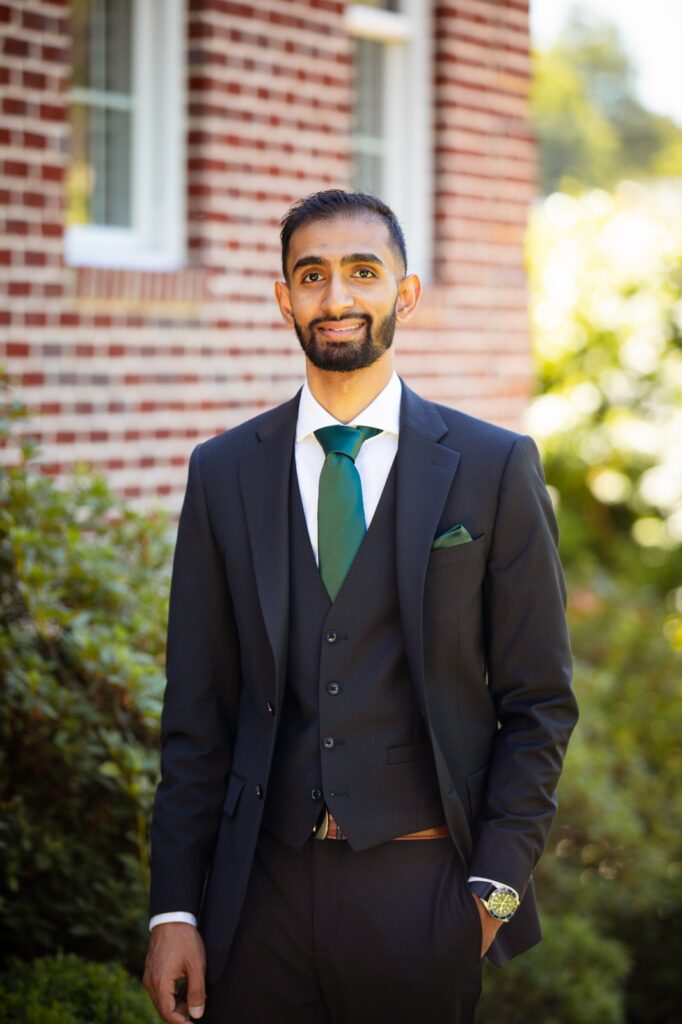
UMAR SHAREEF
BA (2017), Political Science and Arabic, Summa cum laude with highest honors, Tufts University
Umar Shareef is a doctoral candidate in the Department of Arabic and Islamic Studies. His research combines Foucault’s genealogical method with Talal Asad’s theory of discursive traditions to study the genealogy of the legal concept of ‘restricting the permissible’ (taqyīd al-mubāḥ). In doing so, it traces the interplay between 17th-21st centuries Islamic law and politics by investigating questions of who has the authority to determine religious law. His research has been published in the journals Islamic Law and Society as well as the American Journal of Islam and Society (see his article entitled “Taqyīd al-Mubāḥ and Tobacco: Between Administrative and Legislative Authority”). He has received the CICW Research Grant Award to support his research. He has also received the Spring Conference Travel Award from the Department of Arabic and Islamic Studies to present his research at the BRAIS conference. As a part-time lecturer, he also teaches classes on the Introduction to Islamic Law, Islamic Legal History, and Family Law in Islam.
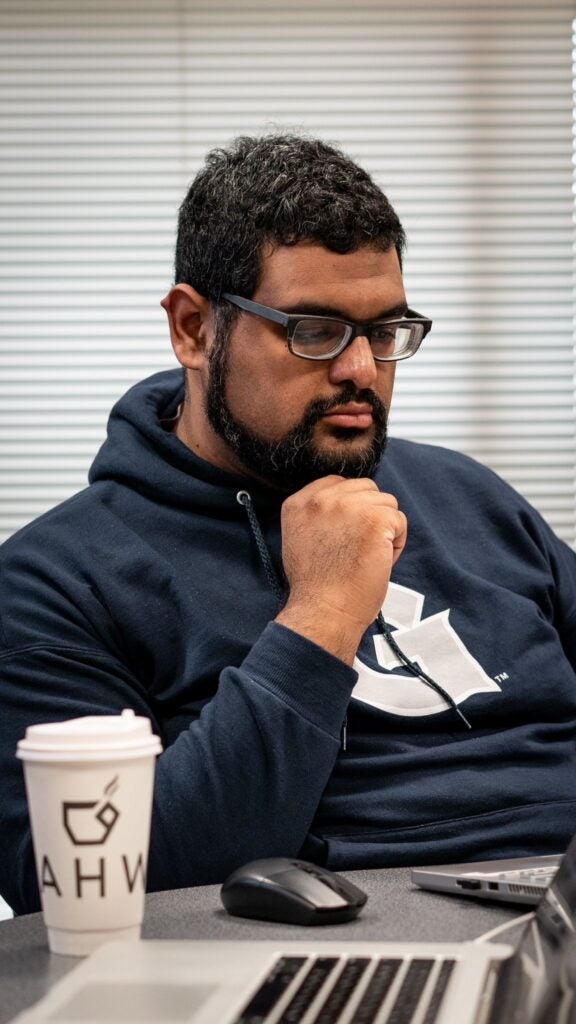
MUHAMMAD SAAD YACOOB
BA English, George Mason University
M. Saad Yacoob is a PhD candidate with a concentration in Islamic Studies. His primary area of research is Muslim engagements with modernity – legal, theological, and philosophical. In particular, he deploys the thought and reception of the renowned philosopher-poet, Muhammad Iqbal (d. 1938), as a lens into the theoretical and practical manifestations of Muslim engagement with modernity. His primary research questions engage with Muslim imaginations of “modernity” as a category, the self, and the other; as well as intra-communal Muslim debates and conversations surrounding these questions.

NINA YOUKHANNA
MA (2016) Comparative Literature, University of Toronto
BA (2015) Comparative Literature, Western University
Nina holds a BA in Comparative Literature from Western University and an MA from the Centre for Comparative Literature at the University of Toronto. Her academic research focuses on the period after the 1967 defeat and the ways in which Arab intellectuals and writers contended with its psychological and sociopolitical aftermath. She is chiefly interested in the role of satire as a mode of subversive critique in the Arab world, particularly in response to traumatic historical events since the naksa and leading up to the so-called Arab Spring. In her free time, Nina likes to dabble in poetic translation and stalk any and all cats in her neighborhood.
HELEN D. ALOSKAN
Philosophy, Hermeneutics, Poetics, Literary Theory
BA. (2016) English Literature, Damascus University
MA. (2020) Comparative Literature, Doha Institute for Graduate Studies
Helen is a PhD student in Arabic and Islamic Studies. She joined Georgetown
University to pursue an interdisciplinary research track involving literary, linguistic, and
philosophical points of interest.
In her MA thesis, she carried out a comparative assessment of a number of theoretical
concepts, located at the heart of the Greco-Arabic philosophical tradition, which
catalyzed the emergence of logical poetics in the Arab context and reverberated back
into European scholarship. This comparative assessment attempted to balance a
modern outlook on the problematics emerging from this encounter on the one hand and
a careful tracing of the historical trajectories of traveling concepts on the other.
In her current research, Helen is investigating larger conceptual networks using
methodological modalities that transcend geographical and historical classifications and
seek to revise the intellectual identity of the region. In an attempt to reconstruct the
philosophical background against which Aristotelian logic was received and elaborated
by Arab philosophers, she is trying to flesh out various conceptions of language while
tracing instances of resonance across the fields of falsafah, kalām, and balāghah.
Helen’s interests branch further into sociology, history, historiography, and political
theory. During her time at Doha Institute, she was part of a translation project that
sought to deliver the first standalone Arabic edition of Walter Benjamin’s works. After
graduation, she also worked briefly on a research project examining prison art/literature
and the aesthetics of resistance under al-Sisi’s regime in Egypt.
Helen was born and raised in Damascus, Syria. She grew up speaking both Kurdish
and Arabic. In her free time, she enjoys baking, reading poetry, and casually trying her
hand at photography and creative writing.
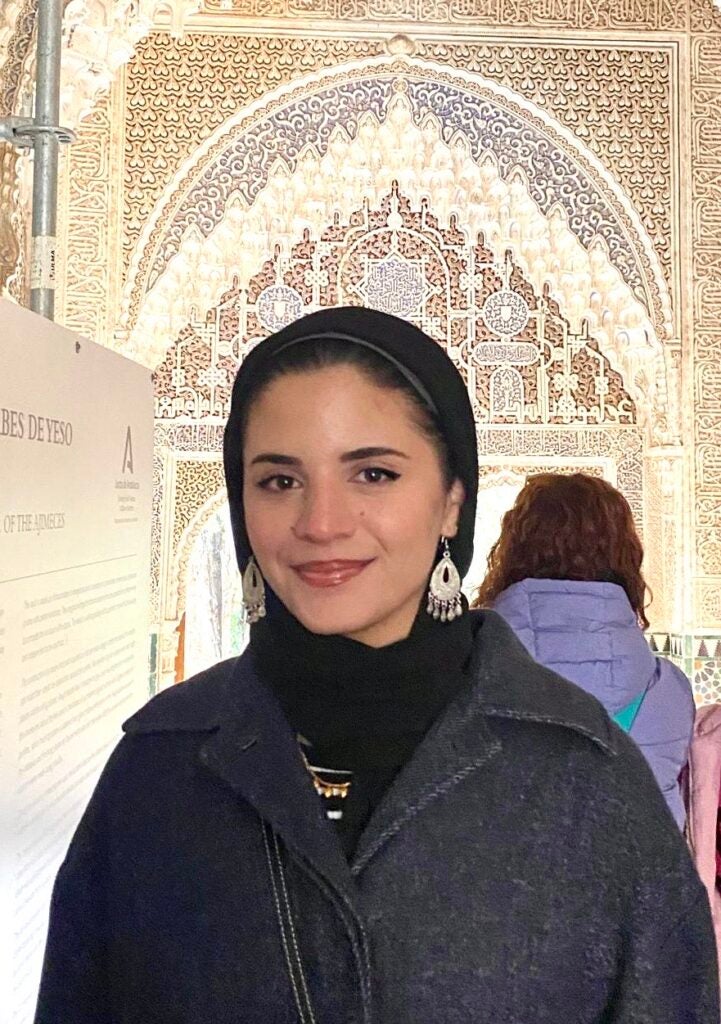
TOQA BADRAN
BA – Political Science & Anthropology, Columbia College
MA – Islamic Studies, Middle East Institute, Columbia University
Toqa holds a BA in Political Science and Anthropology from Columbia College, and a MA in Islamic Studies from Columbia University’s Middle East Institute. Her masters thesis explored the socio-economic and ethical effects of language reform in a Central Asian context. She is currently a PhD student at Georgetown University’s Department of Arabic and Islamic Studies where her research focuses on and compares the sacralization and secularization of language in the Muslim world. Her research languages include Arabic, French, Turkish, Uyghur and Chaghatai.
NOURA BELLALI